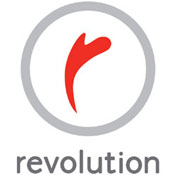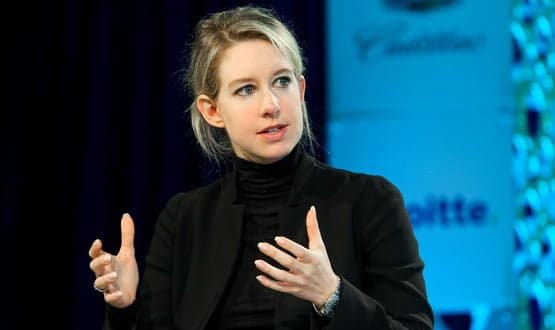Steve Case says health ‘revolution’ has begun
- 28 February 2008

Delivering the keynote speech as HIMSS in Orlando yesterday, Case said the only way to address the fundamental problems facing the US Healthcare system, including spiralling costs, huge rises in chronic conditions and illness stemming from poor diet and lifestyle was to empower consumers to exercise choices.
“I don’t know when it was decided consumers weren’t smart enough to make decisions about their health but it happened.” He said that the challenge was to turn that position around. “
He sketched out a compelling picture of the near future in which consumers would demand far greater transparency of information on hospitals costs and quality of services, so they could decide how and by whom they wanted to be treated.
In addition Americans would have to take far greater personal responsibility for their healthcare, and exercise informed health choices: “We’re facing an epidemic of unhealthy kids and adults. Increasing healthcare costs and our healthcare system is getting worse not better.”
Case said that the only way to address these issues meaningfully was to enable the consumer to become an active participant. “For too long consumers have abdicated choice on healthcare, they should be making appropriate decisions based on lifestyle, eating and exercise. It is their responsibility to take more responsibility to take more responsibility for their health.”
After leaving AOL after its merger with TIME-Warner, Case set up Revolution Health in 2005. In the intervening few years the company has built up a network of 125 tools, services such as a free personal health record and high quality healthcare content. Revolution Health was only fully launched in 2007 but in January it overtook WebMD as the most visited health information site in the US.
Case explained that the aim was to make Revolution Health as participatory as possible, including the provision of a wide range of health tools and social networking features.
But according to Case this is just the beginning for Revolution Health, establishing a trusted brand and customer base of tens of millions of Americans. He stressed placing power in the hand of the consumers will be a 10 to 20 year journey. “I’m new to healthcare. I don’t have all of the answers, I don’t even have all of the questions.”
“My feeling is that we are in early days, some of this will work, some of it won’t.”
Case’s central contention that he returned to time and again is to trust the consumer. Empowering them will unleash irresistible pressure for healthcare to change in ways that can’t yet be fully envisaged, he said, pointing out that in industry after industry this had already happened and health had so far proved stubbornly resistant.
In the 1970s there were just three main TV networks but the introduction of cable TV transformed the landscape. In retail, he argued a decisive shift to the consumer came in 1937 when shopping carts were introduced rather than consumers having to be served from behind a counter.
“And the internet definitely shifted power in favour of consumers making getting information available on things like buying a car, booking a holiday, or a hotel room. Now the consumer has information and competition and can make choices.” He said similar levels of transparency of cost and quality will inevitably have to apply in the healthcare sector as consumers will demand it.
“One of the last industries to become truly consumer focused is healthcare. And yet healthcare costs two trillion dollars a year or one sixth of the economy.”
Case said that one of the factors already driving the coming consumer revolution in US healthcare was the shift in costs from employers to employees. “As they have to pay more there will be a growing demand for more convenience and quality.”
He offered the HIMSS audience a simple solution: “Refocus the healthcare system on consumers and let them make choices.”
Again drawing on his internet experience he said that 15-years ago he used to attend e-commerce conferences where people would debate whether anyone would go online to buy things, and many people refused to believe they would ever be willing to enter credit card details. But now with services like one-click purchases on Amazon and recommended items, e-commerce has exploded.
“You need to create services that consumers want to use, if you do that consumers will drive adoption,” said Case.
For those that don’t believe good tools and information will empower consumers in health just as it has in other industries Case remarked: “I’ve seen this movie play out in the entertainment industry, where a lot of people kind of hoped this whole file sharing thing would go away. It hasn’t.”




